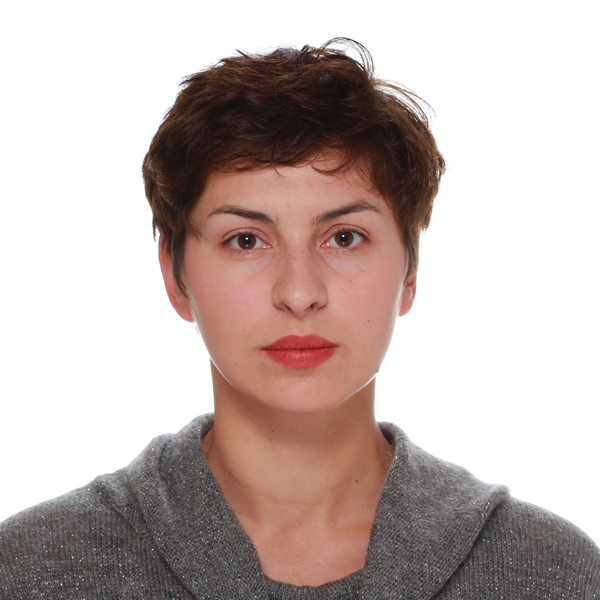
Galina Babak earned her PhD in Slavic Literatures from Charles University in Prague in 2020, with a dissertation titled Reception of Russian Formalism in Ukrainian Culture in the Interwar Period (1921–1939). Between 2020 and 2024, she held several fellowships and research grants, including fellowships at the New Europe College (Bucharest, Romania), the Center for Advanced Study (Sofia, Bulgaria), the Institute for Human Sciences (IWM) in Vienna, and the Free University in Berlin. In 2021, she co-authored a monograph with Alexander Dmitriev, The Atlantis of Soviet National Modernism: The Formal Method in Ukraine (1920s–Early 1930s) (Novoe literaturnoe obozrenie, 2021), which offers a new interpretation of Ukrainian Formalism’s role in nation-building during the 1920s as part of the broader Soviet modernization project.
From 2022 to 2024, Galina was a postdoctoral researcher at the Masaryk Institute and Archive of the Czech Academy of Sciences. Her project, Literary Science in Exile: Ukrainian Scholars and Scholarly Infrastructure in the Czechoslovak First Republic, sought to reconstruct the development of Ukrainian “literary science in exile” through the professional and personal activities of Dmytro Chyzhevskyi, Leonid Biletskyi, Mykola Hnatyshak, and others. This project proposed a biographical approach, focusing on individual figures whose lives encapsulate both the history of scholarship and the evolution of institutions involved in the production and dissemination of knowledge.
Galina’s research explores the intellectual history, literary theory, and literary production of 20th-century Ukraine within the broader context of Soviet and East European political and cultural history. Her primary focus has been the interwar period (1914–1939), a unique moment in Ukrainian cultural development, when its scholarly and artistic community split into three branches across Soviet Ukraine, Czechoslovakia, and Poland. She investigates how each branch engaged with the socio-political forces within these distinct environments and how each responded to the project of Soviet modernization during the 1920s and 1930s, either by promoting or resisting its influence.
Contact: babak@mua.cas.cz